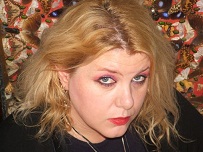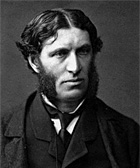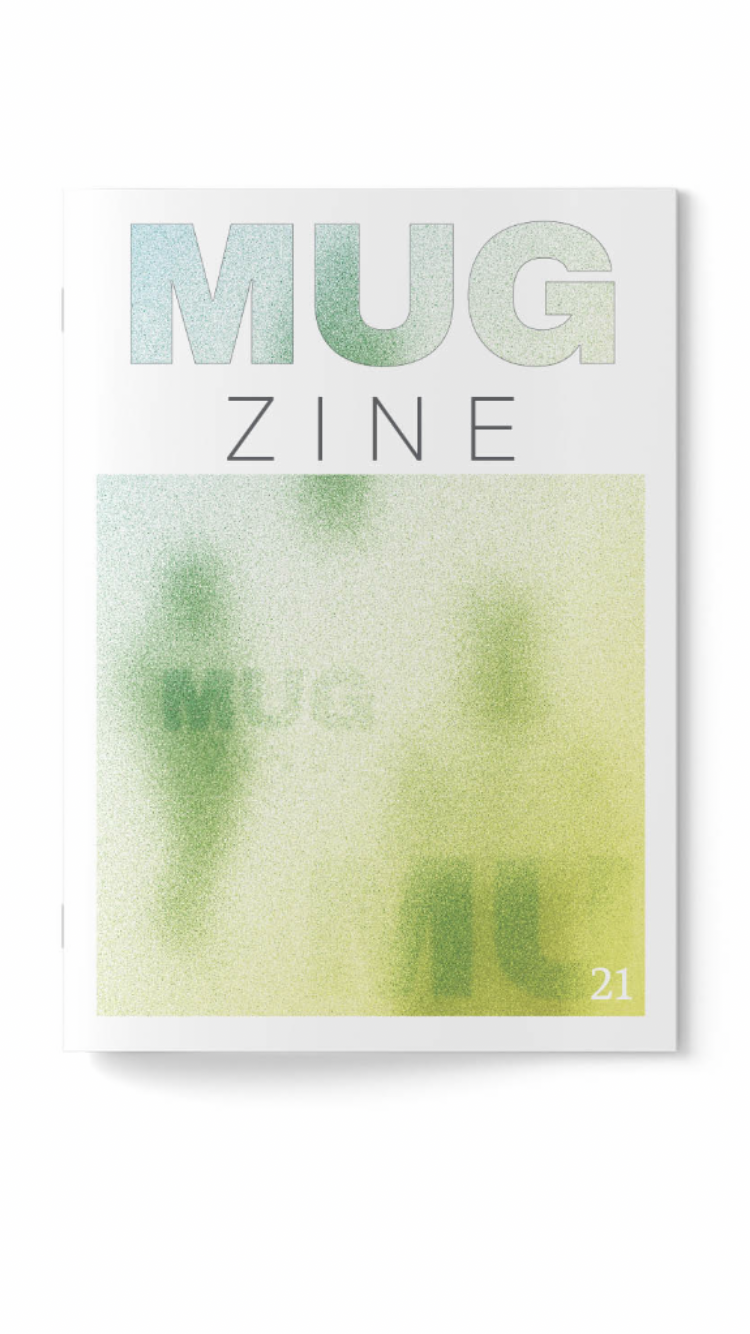Site-archief
Poëzie en wetenschap
Gillian K. Ferguson
.
In 1880 schreef Matthew Arnold in De studie van de Poëzie:
“Meer en meer zal de mensheid ontdekken dat we ons moeten wenden tot de poëzie om het leven te interpreteren, om ons te troosten, om ons te onderhouden, zonder poëzie, zal de wetenschap onvolledig zijn. Waar we nu religie en filosofie bij de wetenschap betrekken zal dit worden vervangen door poëzie. Wetenschap, zeg ik, zal niet compleet zijn zonder poëzie. Niet voor niets benoemt Wordsworth poëzie als ‘de hartstochtelijke uitdrukking, in het aangezicht van alle wetenschap’. En wat is een gelaat zonder uitdrukking ”
Wetenschap en poëzie lijken twee werelden maar zijn dat natuurlijk niet. Hoewel wetenschap gebaseerd is op feiten en rede en poëzie op emotie en verbeelding hebben de twee veel raakvlakken. Of zoals Einstein al zei: “The most beautiful thing we can experience is the mysterious. It is the source of all true art and science.’
Op de website van Gillian K. Ferguson ‘The human genome, poems on the book of life’ schrijft de dichter over juist deze twee schijnbaar tegengestelde werelden. Niet voor niets heeft ze haar website genoemd naar het genoom (het geheel van erfelijke informatie in een cel).
Gillian K. Ferguson is een Schots dichter. Ze is meerdere malen bekroond als dichter. Haar werk is beschreven als oogverblindend origineel, lichtgevend en moedig intelligent; ze combineert levendige lyriek en sensualiteit met een bijzonder acuut ‘Celtische’ gevoeligheid voor de natuur.
.
The Genome is a Poem
.
The Genome is a poem –
sung from the lips of God;
.
original whisper in the dark
beginning, the written Word
.
that bred blue Earth
among sister stars –
.
brother planets,
spinster Moon.
.
Stirred in water molecules,
that gorgeous chemistry –
.
some thickening of light;
organic fibres – clinging
.
to a simple idea, somehow,
of existence – evolving life.
.
Gedicht ‘Longing’ van Matthew Arnold
Longing
Come to me in my dreams, and then
By day I shall be well again!
For so the
night will more than pay
The hopeless longing of the day.
Come, as
thou cam’st a thousand times,
A messenger from radiant climes,
And smile
on thy new world, and be
As kind to others as to me!
Or, as thou never
cam’st in sooth,
Come now, and let me dream it truth,
And part my hair,
and kiss my brow,
And say, My love why sufferest thou?
Come to me in
my dreams, and then
By day I shall be well again!
For so the night will
more than pay
The hopeless longing of the day.





